Nội Dung Chính
(Page 117)
will and be going to
5.1 We form sentences with will like this: will + infinitive without to
I will go.
The form of will is the same for all persons (I, you, he, she, etc.). In the affirmative, we usually use the short form ‘ll with the subject pronouns (I, you, he, she, etc.). However, we never use the short form in an affirmative short answer. In the negative, we usually use the short form won’t. We use won’t in negative short answers too.
| Affirmative | Negative |
| I'll see you later. She'll be angry. (full form = will) | I won’t tell anybody. They won’t listen. (full form = will not) |
| Questions | Short answers |
| Will you be at home? Will it work? When will we know? | Yes, I will. No, I won't. |
5.2 We use will
• to make factual statemants about the future.
There will be a solar eclipse in 2026.
• to make predictions, especially when they are based on what we know or when they are just a guess. We often use think / don't think ... to make these predictions.
I think you'll do well in your exams.
I don't think England will win the next World Cup.
• to make offers.
I'll carry your bags.
I'll lend you my phone.
• to make promises.
I'll always love you.
I won't forget.
• to make instant decisions (decisions that make while we are speaking).
Look! There's Tommy. I'll go and say hello.
5.3 We form sentences with be going to like this: present simple of be + going to + infinitive without to
I'm going to take my driving test next year.
Djokovic isn't going to win this match.
Are you going to be at home this weekend?
Yes, I am. / No, I'm not.
5.4 We use be going to:
• to make predictions, especially when they are based on what we can see or hear.
Look at that man! He's going to jump in the river!
Listen to the thunder. There's going to be a storm.
• to talk about our plans and intentions.
I'm going to invite her to my party.
The first conditional
5.5 We use the first conditional to predict the result of a future action. We use the present simple to describe the action and will + infinitive without to to describe the result.
If the weather's fine tomorrow (action), we'll play tennis (result).
If you go to bed early (action), you won't be tired tomorrow (result).
5.6 The if clause can come before or after the main clause. If it comes after, we do not use a comma.
If you work hard, you'll do well at school.
You'll do well at school if you work hard.
Defining relative clauses
5.7 Defining relative clauses come immediately after a noun and give vital information about that noun. They tell us which person, thing or place we are talking about.
She's the nurse. (Which nurse?)
She's the nurse who looked after my father.
They can go in the middle or at the end of a sentences.
The nurse who looked after my father is in her fifties.
This is the nurse who looked after my father.
Relative pronouns are different depending on whether they refer to people, places, things or possessions
| Relative pronouns | |
| who (that) | people |
| where | places |
| which (that) | things |
| whose | possessions |
Non-defining relative clauses
5.8 Non-defining relative clauses come immediately after a noun and give us extra (rather than vital) information about that noun. We often use them to combine information from two simple sentences.
Tom Hanks is a famous actor. He was born in California.
Tom Hanks, who was born in California, is a famous actor.
A non-defining relative clause can go in the middle or at the end of a sentence. It starts with a comma and ends with a comma (if it's the middle of the sentence) or a full stop (if it's the end).
We spent a week in Berlin, where my aunt lives.
Berlin, where my aunt lives, is a great place to visit.
In a non-defining relative clause, we can never omit the relative pronoun, nor can we replace who or which with that.
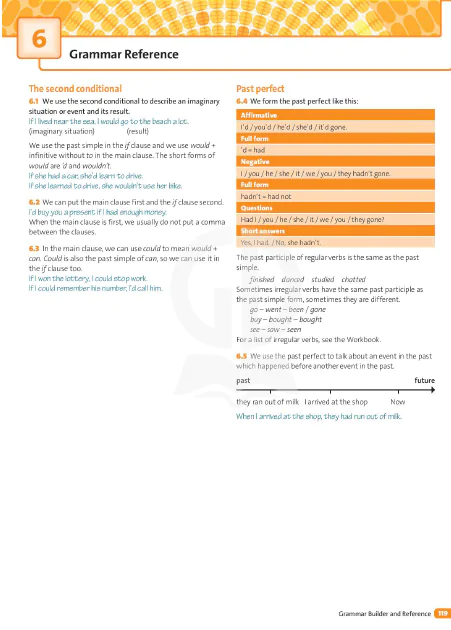
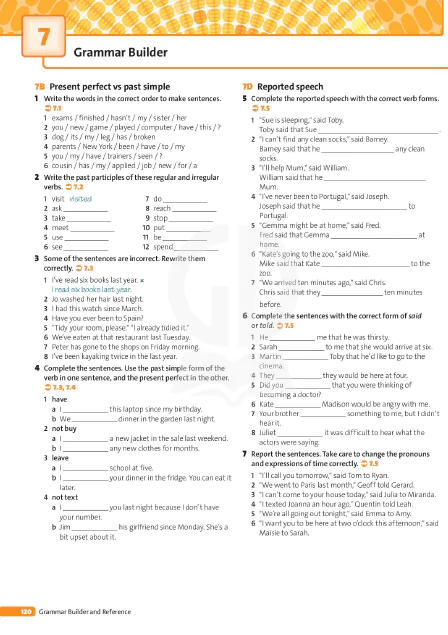
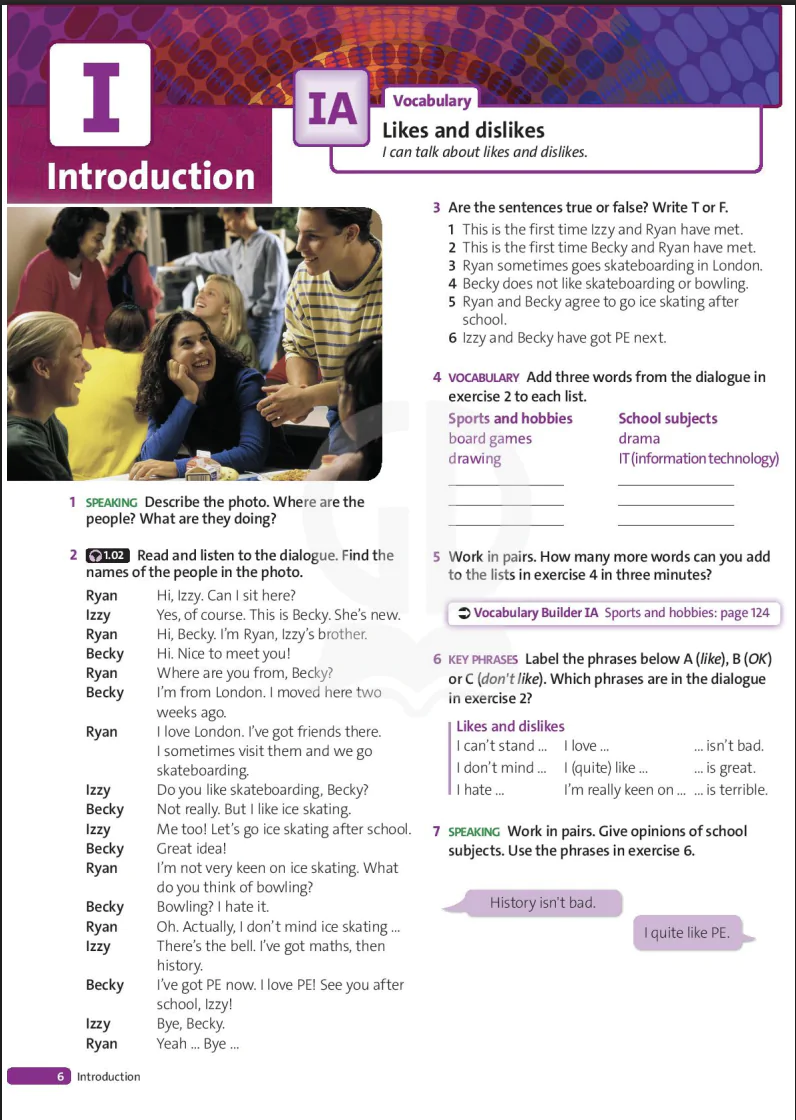
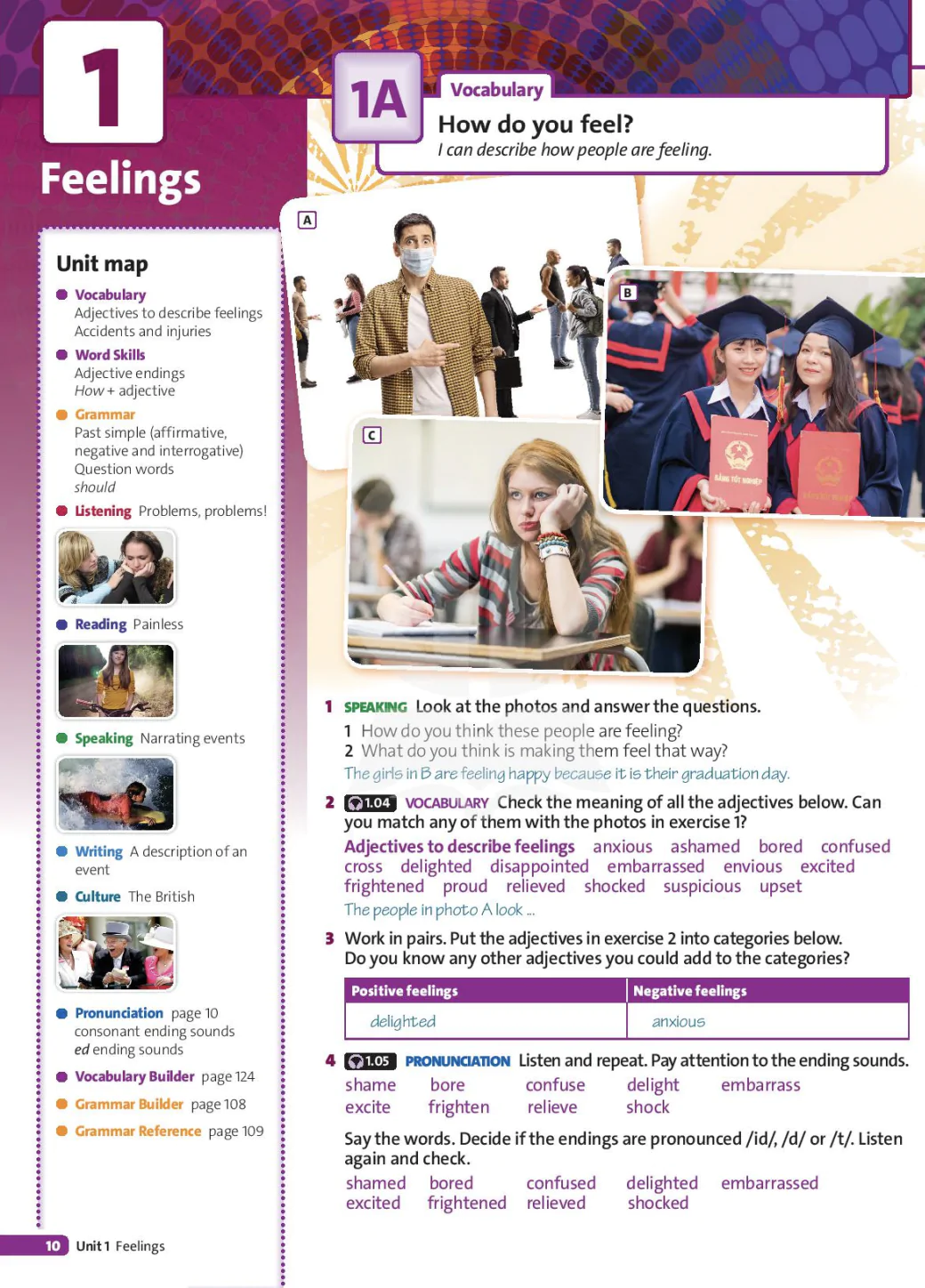
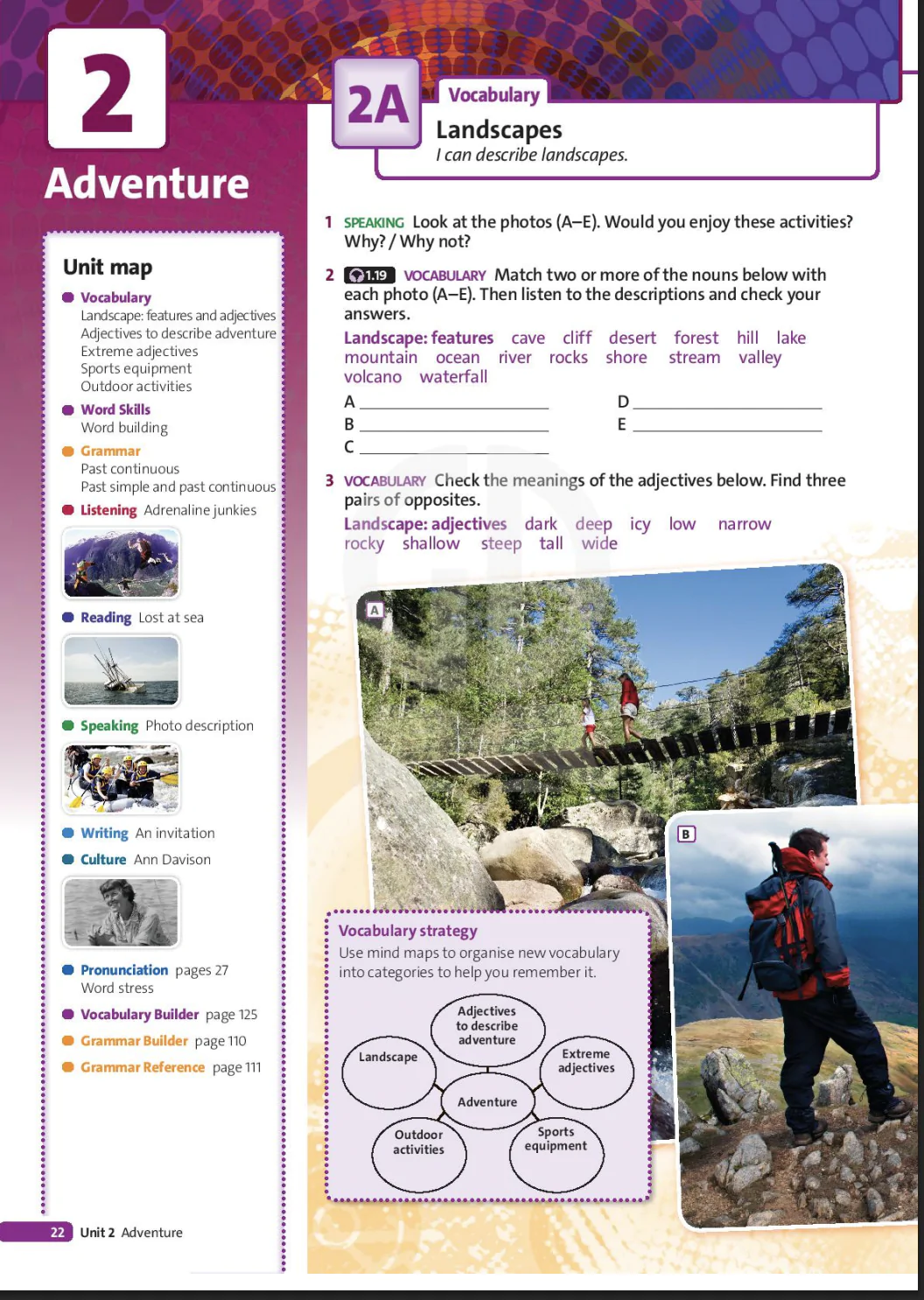
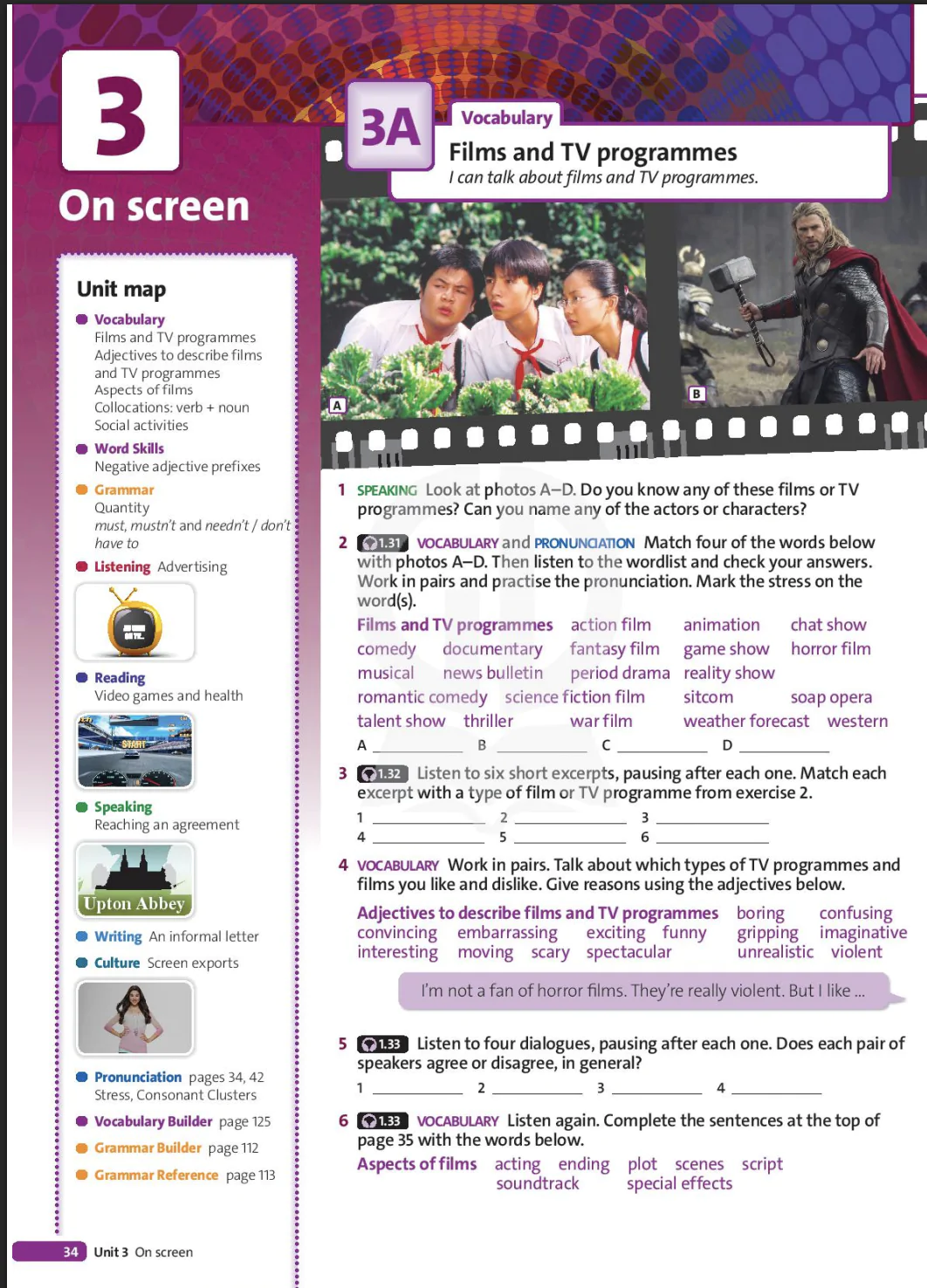
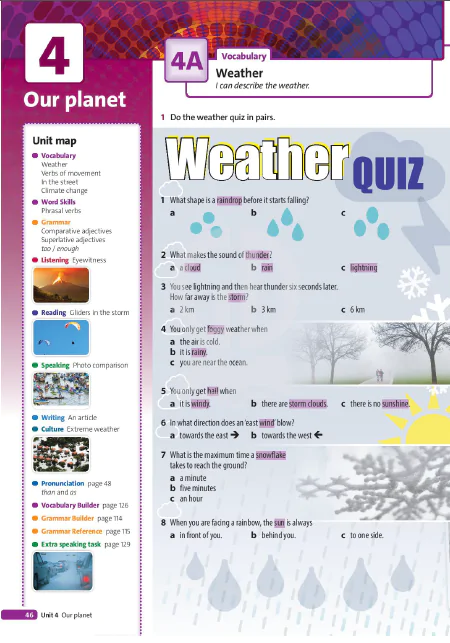
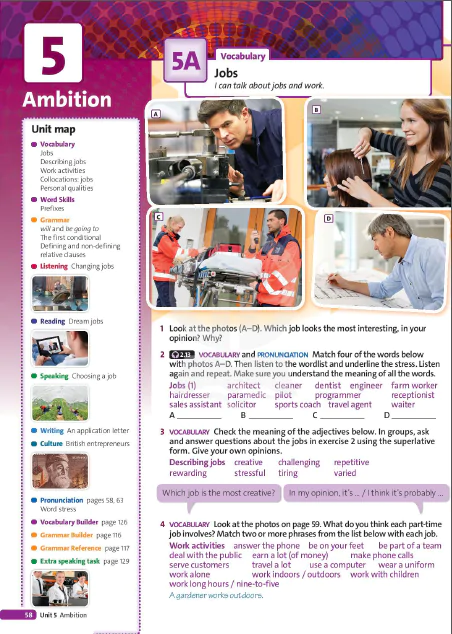
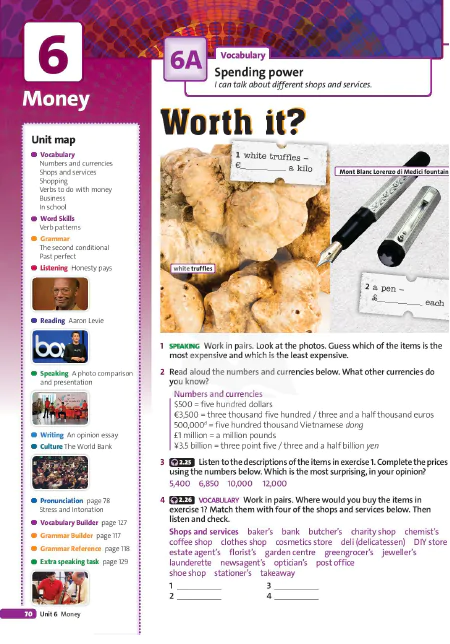
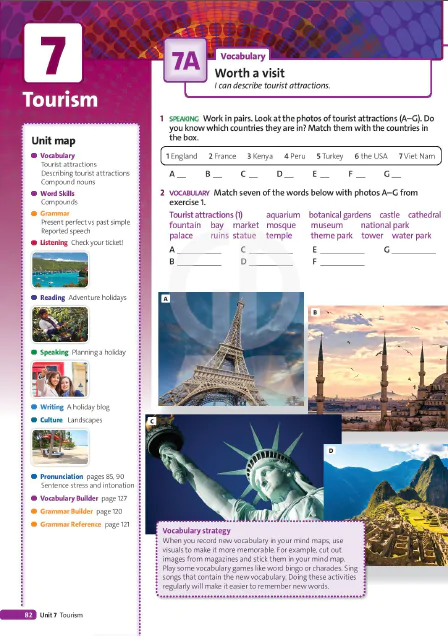
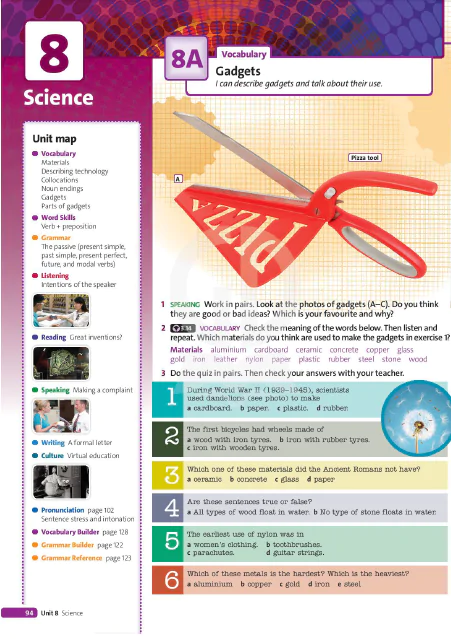

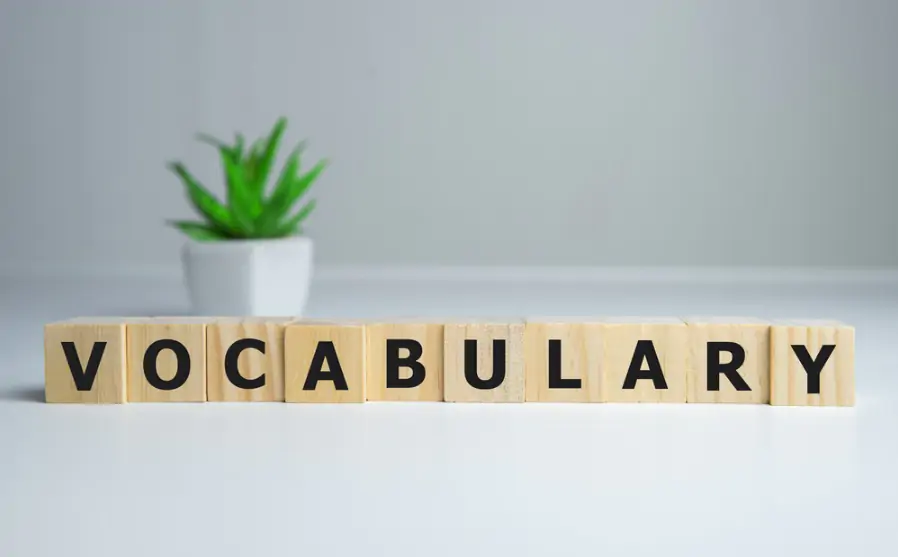
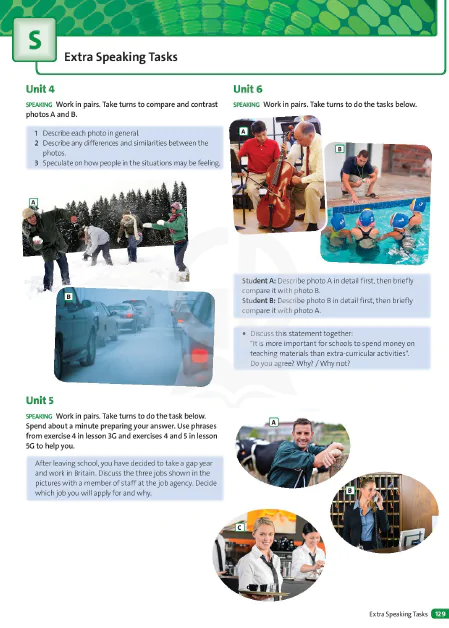
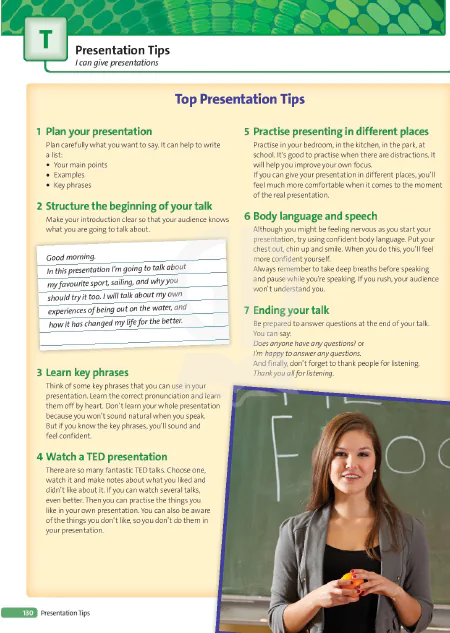
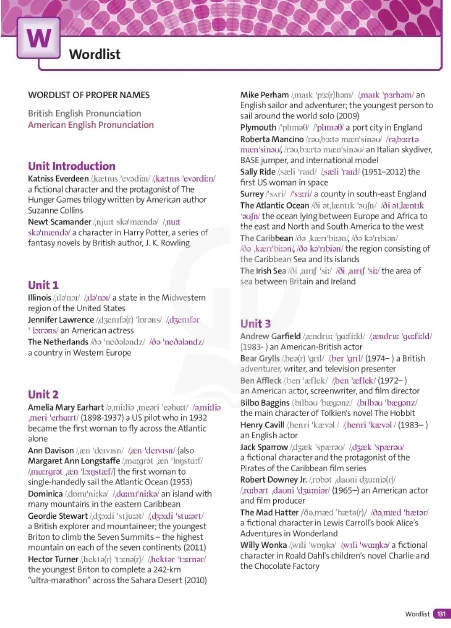

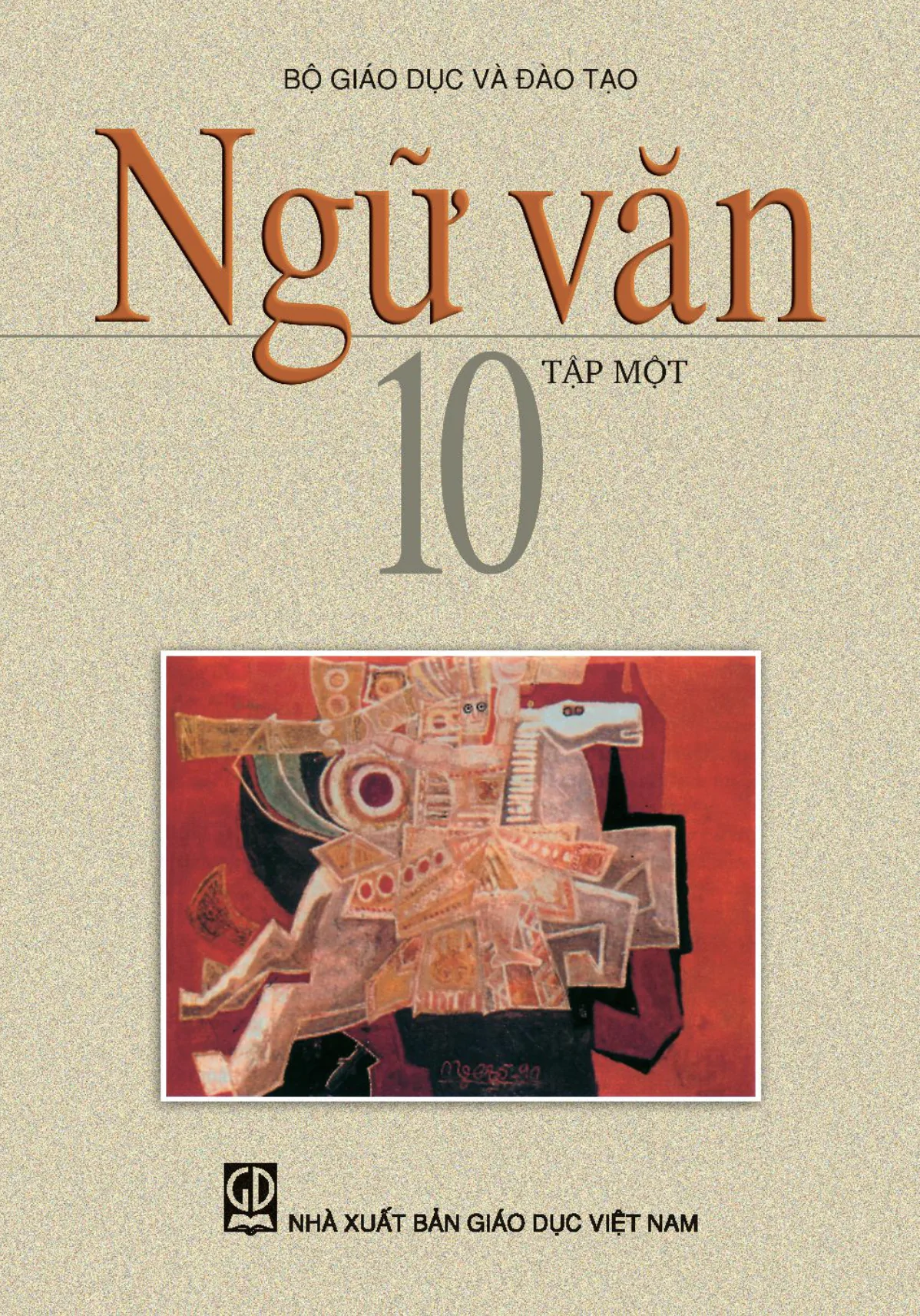
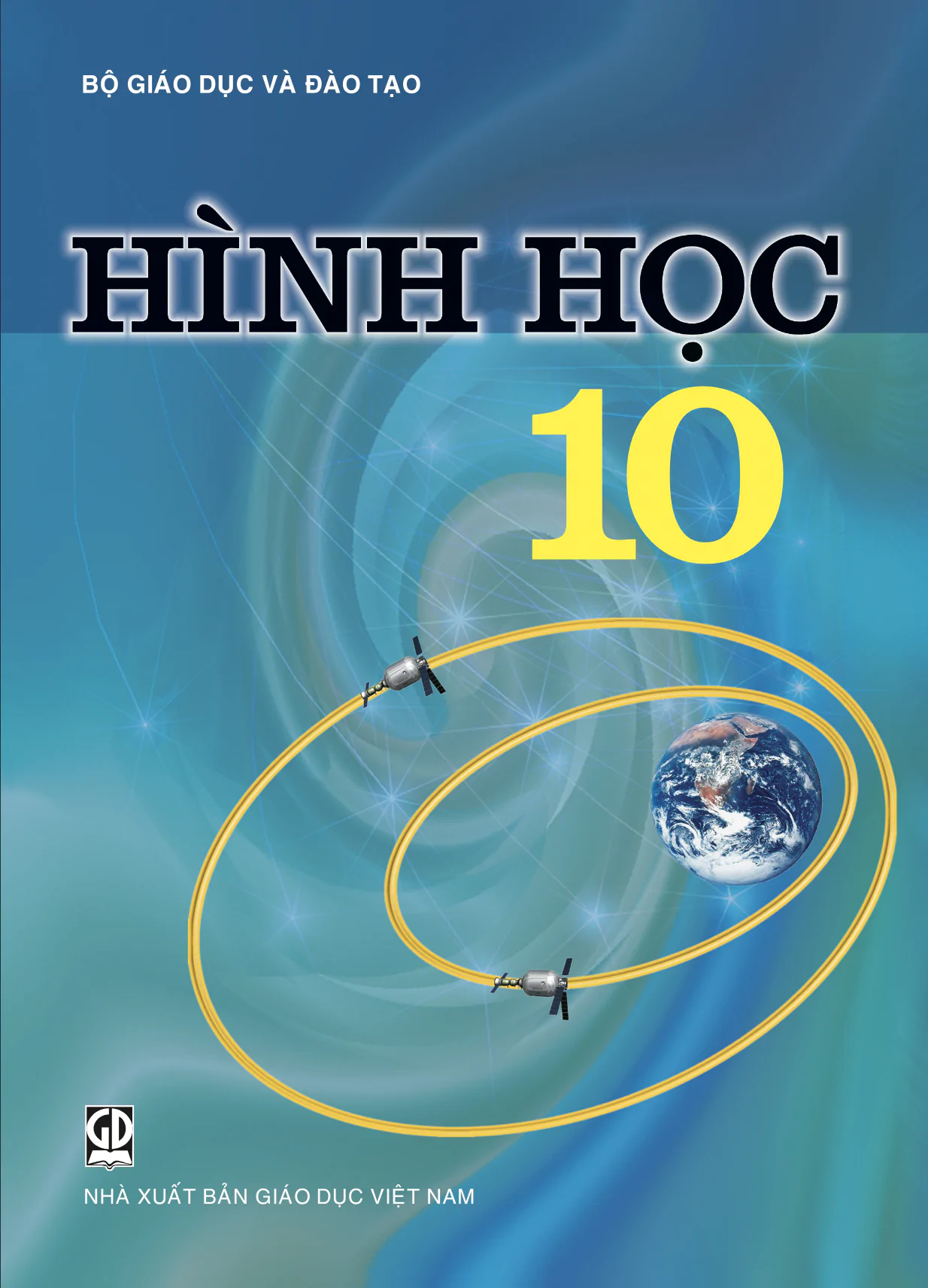
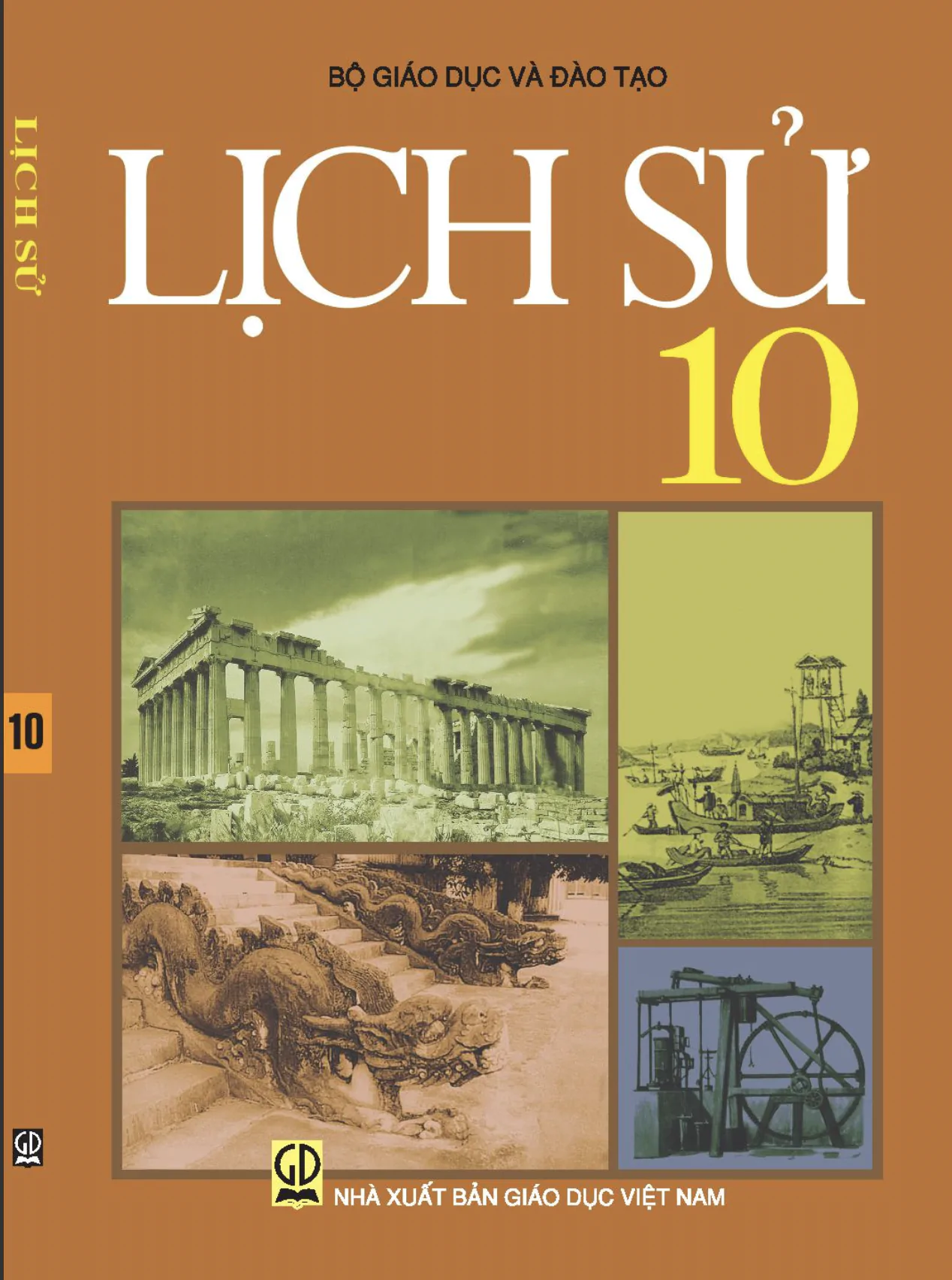

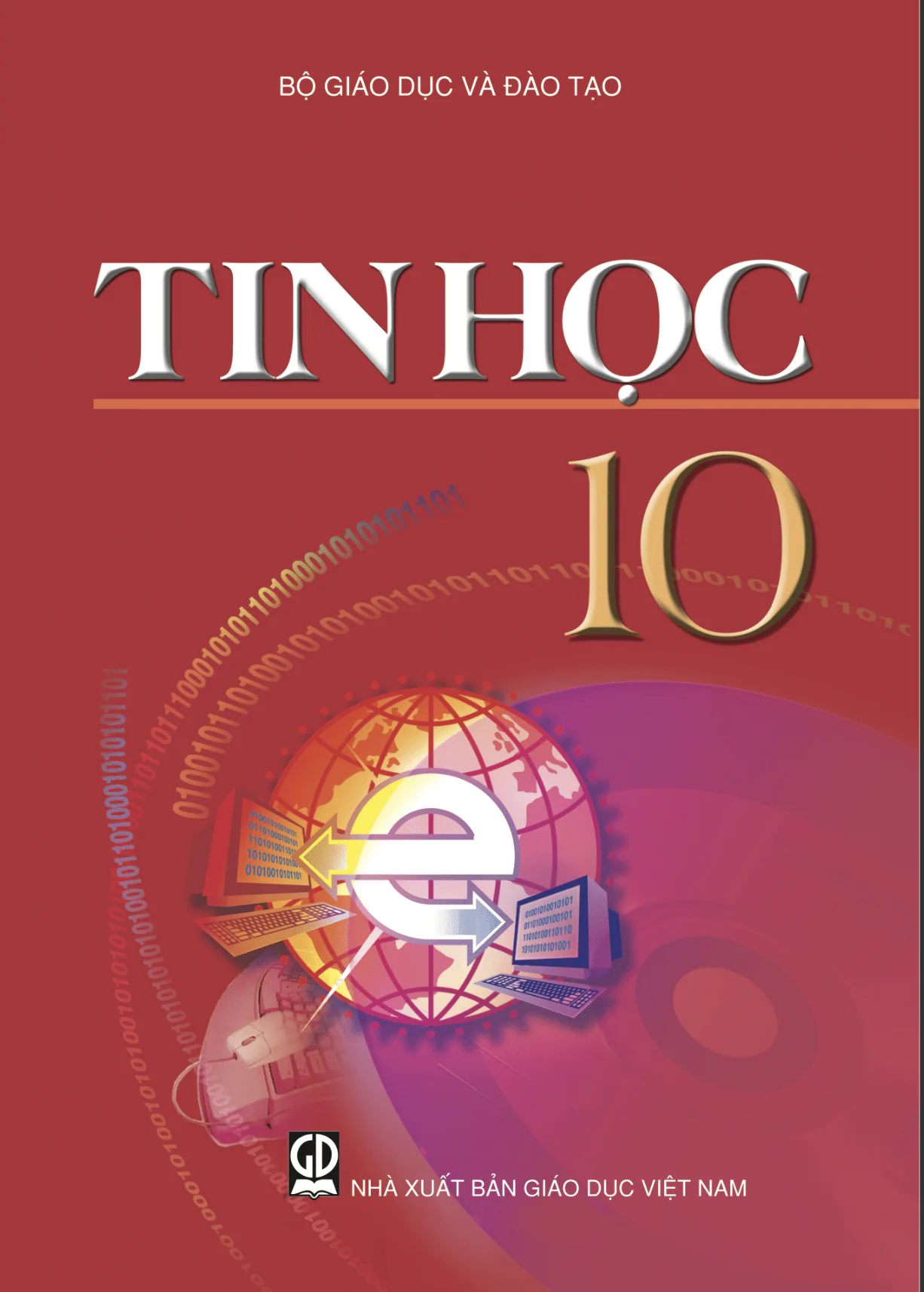
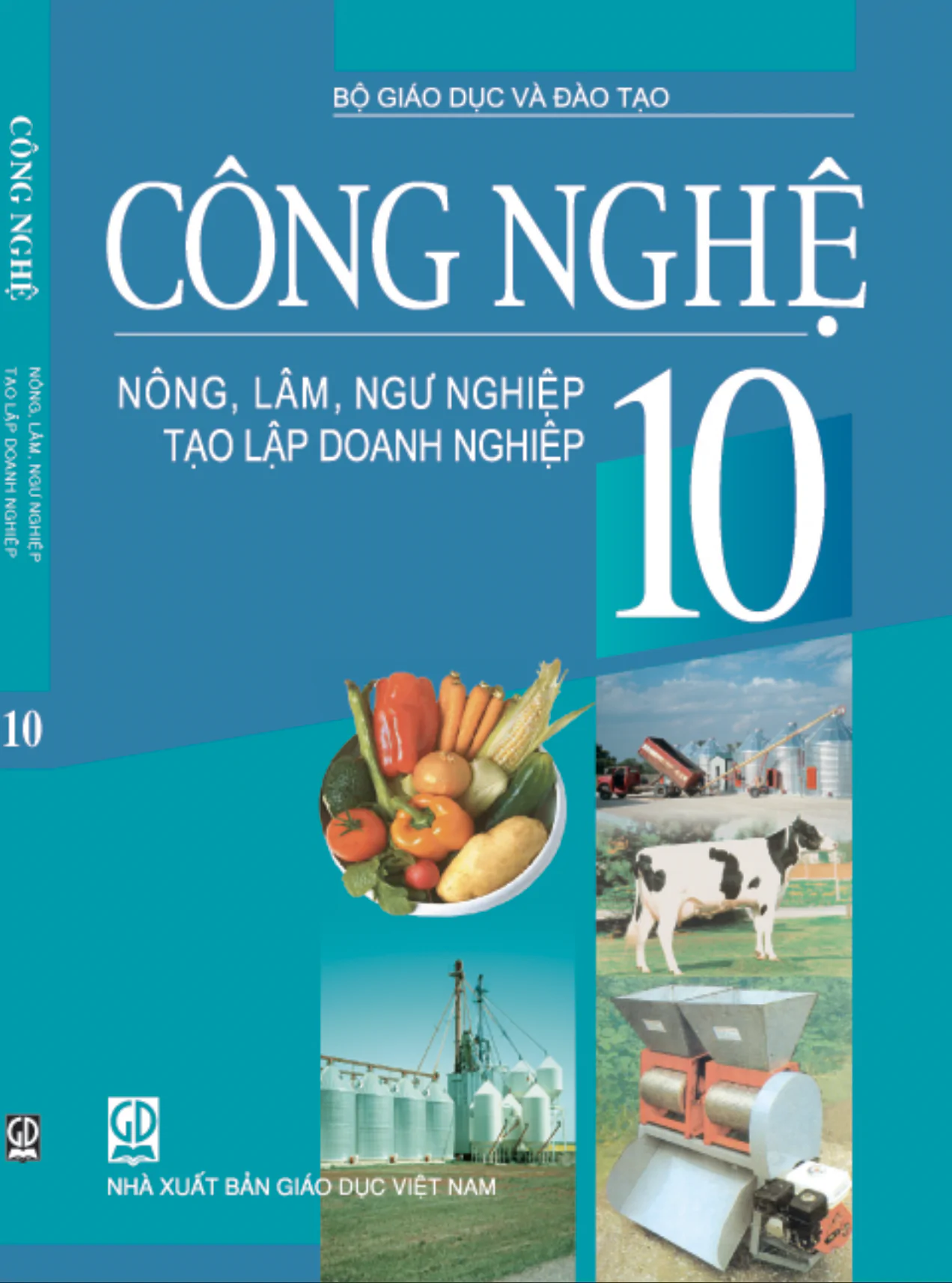
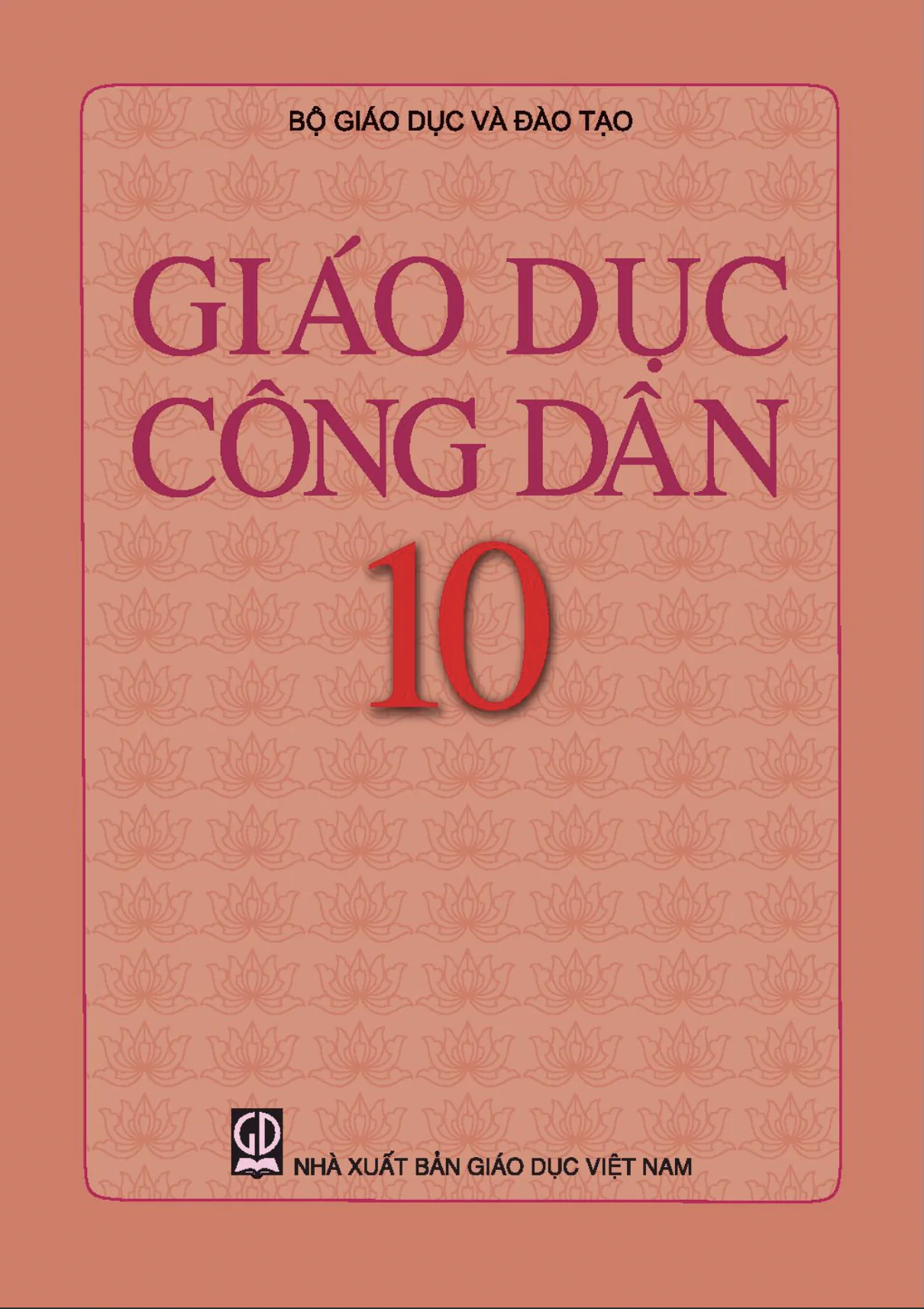


















Bình Luận
Để Lại Bình Luận Của Bạn